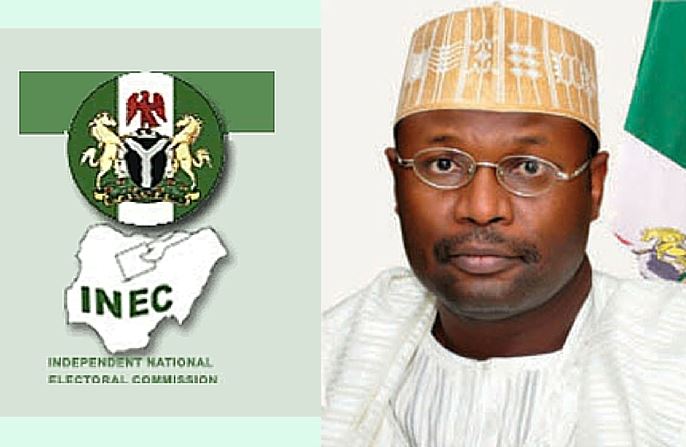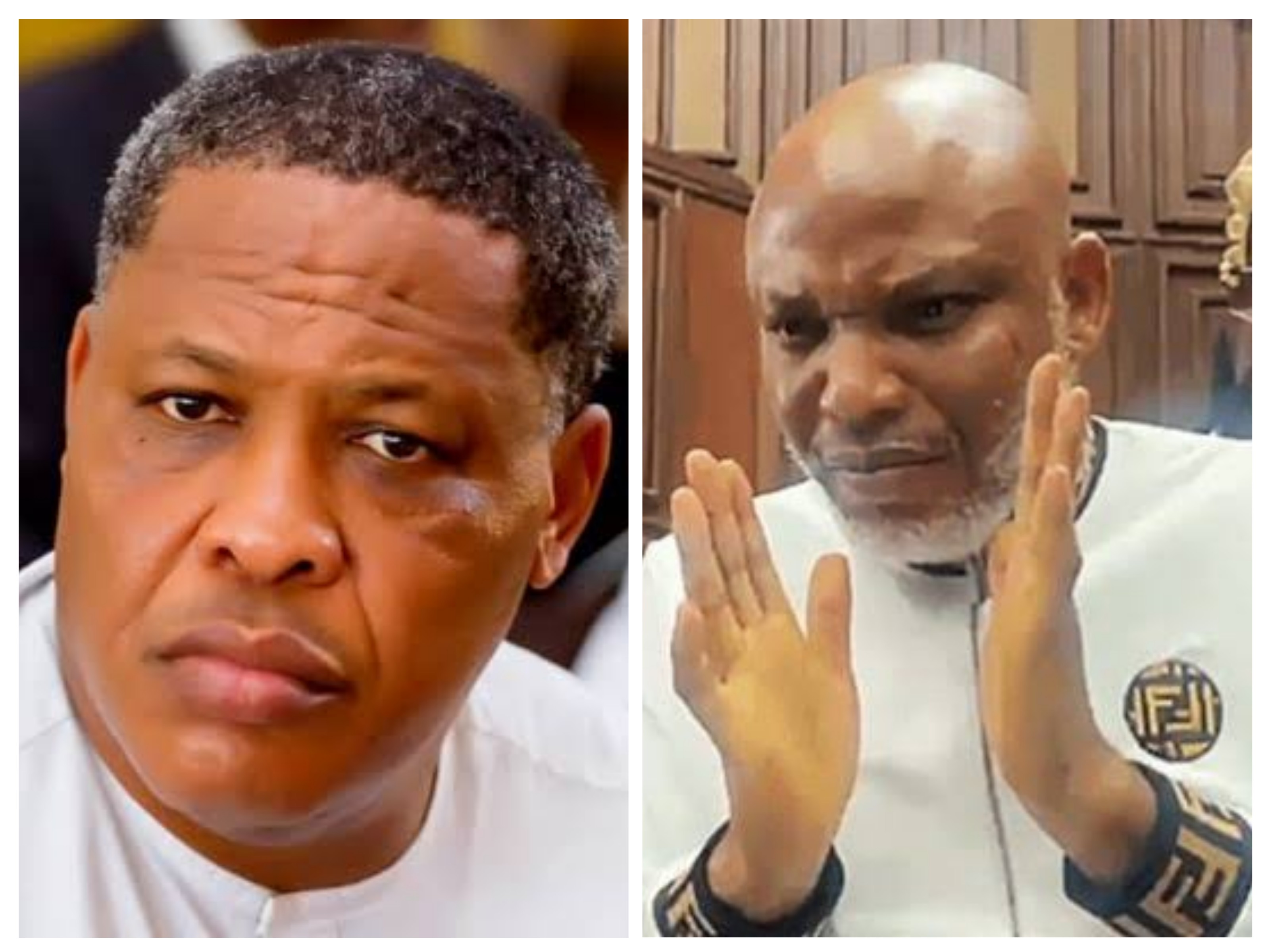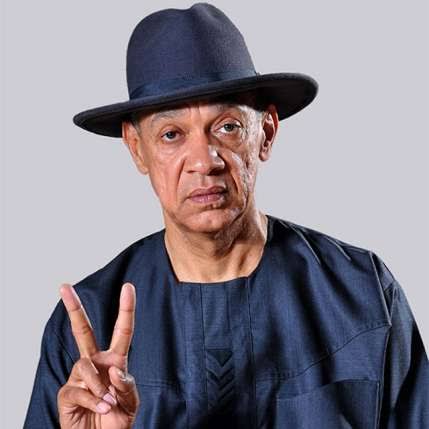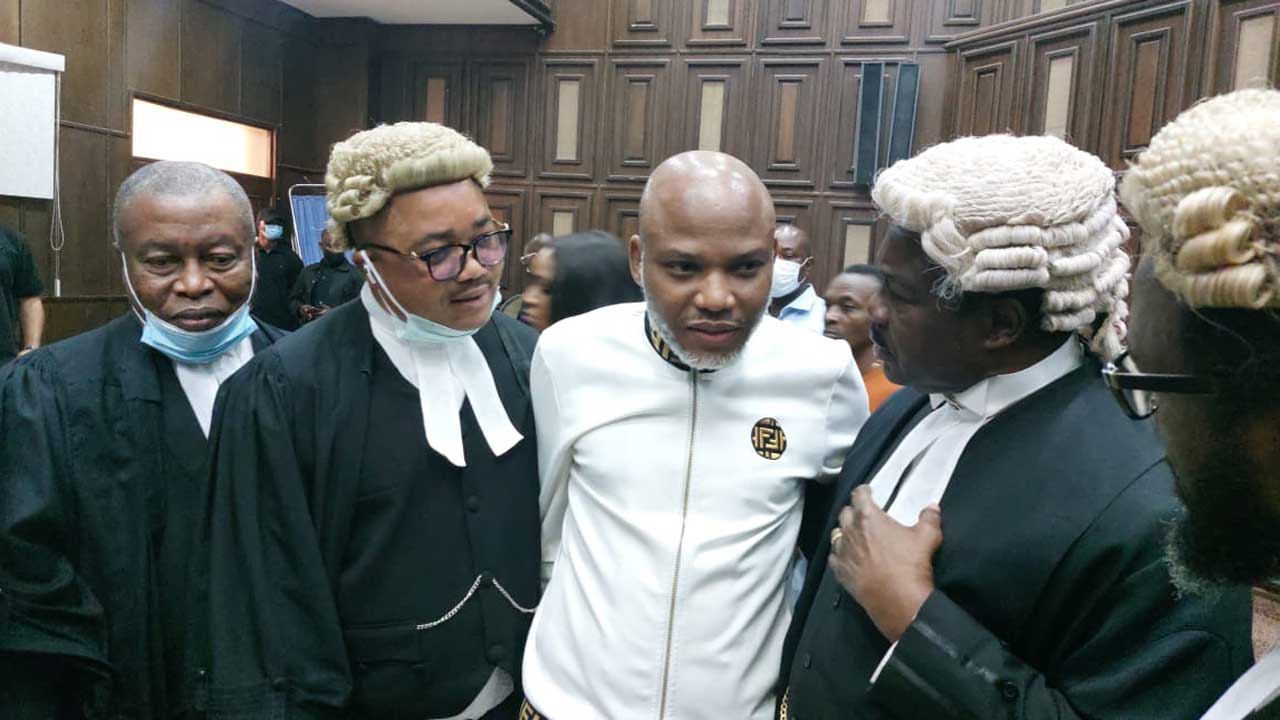INEC Advances 14 Political Associations for Registration, Rejects 157 Others

The Independent National Electoral Commission (INEC) has shortlisted 14 associations for further consideration as new political parties, while disqualifying 157 others for failing to meet legal requirements. The announcement, made following the commission’s regular meeting on Thursday, underscores INEC’s rigorous vetting process amid a surge in applications from groups eager to participate in future polls.
National Commissioner and Chairman of the Information and Voter Education Committee, Sam Olumekun, revealed the decision in a statement, noting that out of 171 total applications received, only the shortlisted groups satisfied preliminary criteria outlined in Section 222 of the 1999 Constitution (as amended), Section 79 of the Electoral Act 2022, and INEC’s own regulations for political parties. The disqualified applicants were notified within 24 hours, emphasizing the commission’s commitment to transparency and compliance.
The shortlisted associations now proceed to the next phase, which includes physical verification of their claims and a mandatory briefing for their interim chairmen and secretaries scheduled for September 17 at INEC headquarters in Abuja. Olumekun stated that the groups will also be required to upload additional documentation via the commission’s online portal to advance their bids. Among the pre-qualified entities is the Association for Democratic Advancement (ADA), which has garnered attention for its focus on youth empowerment and anti-corruption reforms, though specific details on the other 13 remain under wraps pending further review. This initial screening weeds out non-compliant groups, ensuring that only viable organizations with nationwide spread, membership thresholds, and proper documentation can compete, a process INEC described as ongoing and open to future applicants that meet the standards.
The high volume of disqualifications—157 out of 171—highlights the stringent barriers to entry in Nigeria’s multiparty democracy, where parties must demonstrate structures across all 774 local government areas and secure at least 10,000 members per state. Analysts suggest the rejections stem from common pitfalls like incomplete documentation, insufficient membership verification, or failure to establish offices in required locations, echoing past deregistrations such as the 74 parties axed in 2020 for poor electoral performance. Political observers view the move as a double-edged sword: it promotes quality over quantity in the political arena but may discourage grassroots initiatives in a country already grappling with voter apathy and dominant party influences like the All Progressives Congress (APC) and Peoples Democratic Party (PDP).As Nigeria approaches key off-cycle elections, including governorship races and the Federal Capital Territory’s Area Council polls, INEC’s actions signal a proactive stance on electoral integrity.
The commission also reviewed preparations for these upcoming votes during the meeting, assuring stakeholders of readiness. With the 2027 elections on the horizon, the fate of these 14 associations could inject fresh voices into the discourse, potentially diversifying options for voters disillusioned by the status quo. INEC reiterated that party registration remains a continuous process, inviting compliant groups to apply anytime.






